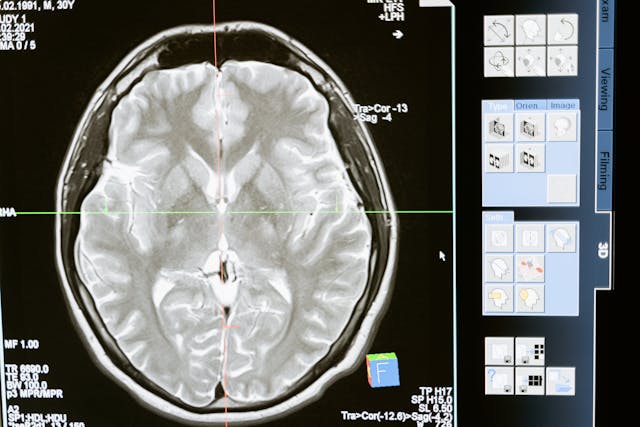Brain injury, mild or severe, can significantly affect the way you live. The brain controls all body functions, including movement, speech, thought, and emotion.
A brain injury can throw off proper functioning, causing many changes that can affect any or all aspects of your life.
The effects of the brain injury are both physical and psychological and can entail long-term work, daily routine, and relationship changes, which a Las Vegas brain injury lawyer, Rodney Okano, saw firsthand in many of his brain injury clients.
Potential Physical Effects
One of the most apparent and immediate effects of a brain injury is the physical disabilities it could result in.
Depending on the severity of the injury, it may impair mobility, coordination, and strength.
Also, a person may have difficulty with simple tasks or even with activities of daily living, like sitting up or walking.
In addition, brain injuries can also lead to speech and language problems such as slurred speech, articulation difficulties, or even issues in understanding conversations.
Another intense physical effect that can result from a brain injury is fatigue. Even after a person has rested due to the brain injury, they will usually experience persistent tiredness, often leading to struggles with everyday chores or maintaining focus while at work or school.
Damage to Your Cognitive Abilities
Cognitive impairments are likely the most challenging consequences of brain injury. The effects will vary based on the injury’s nature, but issues can typically arise with thinking, memory, and attention.
Memory loss is typically a main cognitive effect of brain injuries, in which individuals struggle to recall important details, such as appointments or conversations.
In extreme cases, memory loss caused by a brain injury can even result from the loss of memory about the incident that caused the injury itself.
Brain-injured individuals also tend to have difficulties with concentration. They may be unable to sustain focus on simple activities like reading a novel, watching TV, conversing, or doing a job.
Another significant cognitive impact of a brain injury is on a person’s decision-making abilities. Cognitive changes may result in problem-solving challenges, decision-making challenges, or the inability to think through daily issues.
Spontaneous Emotional and Behavioral Changes
A head injury also has the potential to cause unprompted emotional and behavioral shifts, especially if the injury affected the areas of the brain that deal with controlling feelings, impulses, irritability, and aggression.
Emotional changes may be confusing and difficult for the individual as well as for their family and friends to understand.
In addition to behavioral changes after a brain injury, one might develop anxiety and depression, as the stress of adjusting to a new way of life, living with physical limitations, and living with cognitive deficits can create a feeling of helplessness over one’s future.
Personal Relationships Impact
The physical, cognitive, and emotional transformations that result from a brain injury can have significant social and relational consequences. Family members and loved ones often have to step in and provide caregiving support, which is emotionally and physically stressful.
Furthermore, the person with the brain injury may become isolated, especially if they are unable to engage in social interactions or maintain the relationships they had before.
Mood swings, irritability, and emotional detachment can create distance between the person and their partner, family members, or friends.
In the majority of cases, these individuals with head injuries also withdraw from society. They avoid functions and become introverted due to effects on their speech or abilities.
Hinder Your Ability to Work
Returning to work after brain injury is among the most challenging aspects of rehabilitation. Many people struggle with completing tasks as well as previously, due to cognitive deficit, fatigue, and physical deficits. This could cause them to lose jobs or take long leaves.
At times, significant accommodations such as reduced workloads, flexible schedules, or new job duties may be necessary for those who are able to return to work.
In addition, the loss of income brain injury victims experience due to time in the hospital or away from work can create severe financial effects.
In some severe cases, victims will be forced to file for disability payments or seek other means of financial support.
Long-Term Change
Recovery from brain injury is often a slow process and involves continuing adjustments. Most individuals discover they cannot return to their pre-injury state and must adapt to ongoing challenges.
In some cases, there may be a long period of intensive therapy and rehabilitation, and it may take several months or years.
Treatment methods such as speech therapy, physical therapy, and cognitive rehabilitation are essential in helping patients recover as much function as possible.
Treatment aims to help individuals recover speech, walking, and precise thinking functions. Recovery is typically incomplete, however, and the majority of patients are left with permanent disabilities that they must learn to live with.
Support systems, including friends, family, and licensed therapists, are essential to coping with the adjustment due to a brain injury.
Individuals must have access to emotional and psychological support to assist them in adjusting to their new way of life. Support groups or counseling also provide helpful opportunities to connect with others in similar circumstances.
